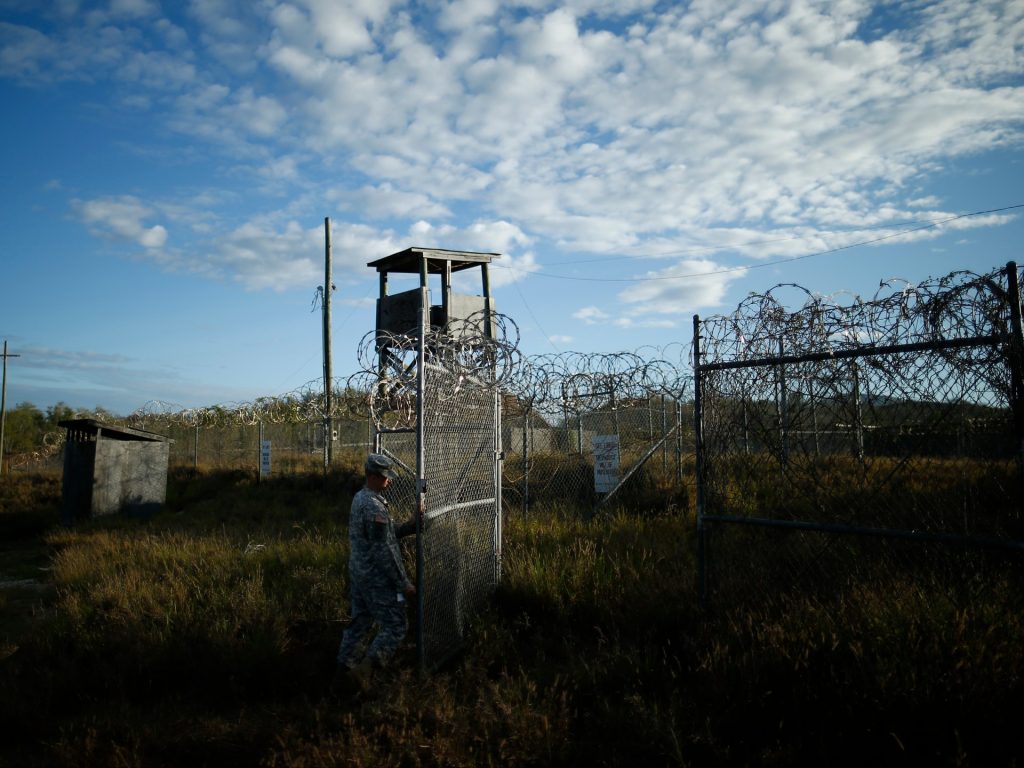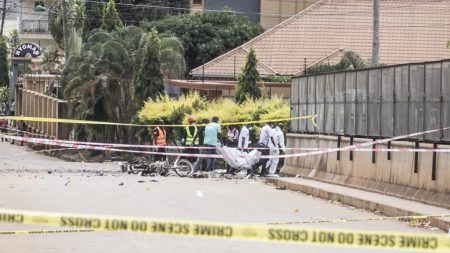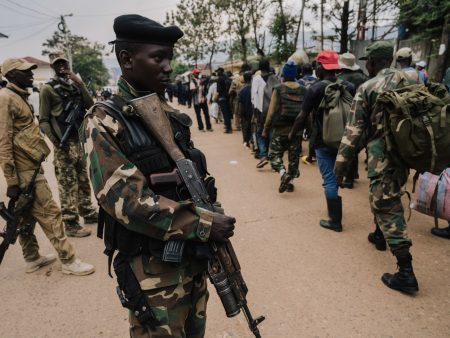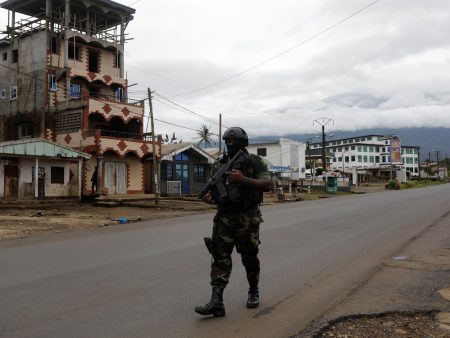Mohammed Abdul Malik Bajabu’s repatriation to Kenya marks another step towards the dwindling population of the notorious Guantanamo Bay detention facility. His release, following a 2021 Periodic Review Board determination that he no longer posed a significant threat to US national security, leaves 29 detainees remaining at the controversial prison. Bajabu’s story underscores the protracted and often contested nature of detention at Guantanamo, where individuals can languish for years even after being cleared for release. His legal representatives allege he endured torture at the hands of both Kenyan and US authorities, highlighting the enduring controversy surrounding the treatment of detainees at the facility. The years of separation from his family, including children who were infants at the time of his arrest, represent a profound personal cost, a testament to the far-reaching consequences of the “war on terror” policies.
Guantanamo Bay, established in the aftermath of the 9/11 attacks, has become a symbol of the complex legal and ethical dilemmas surrounding the detention and treatment of suspected terrorists. Operating under a military commission system, the facility has faced criticism for not affording detainees the same legal protections as traditional US courts. The practice of holding individuals indefinitely without charge or trial, coupled with allegations of torture and abuse, has drawn condemnation from human rights organizations and legal experts worldwide. The facility’s existence continues to fuel debate about the balance between national security concerns and fundamental human rights. While the US government maintains the necessity of the facility for holding dangerous individuals, critics argue that its continued operation undermines American values and fuels anti-American sentiment.
The winding path towards closure of Guantanamo Bay has been fraught with political and legal obstacles. While former President Barack Obama pledged to shutter the facility, his efforts were stymied by Congressional opposition and logistical challenges. The current administration, while expressing its intention to eventually close Guantanamo, faces similar hurdles. The legal status of the remaining detainees, many of whom have been held for years without trial, presents a complex legal quagmire. Finding suitable resettlement locations for detainees cleared for release also poses a significant challenge, often requiring delicate international negotiations. The ongoing legal battles surrounding detainees like Khalid Sheikh Mohammed, the alleged mastermind of the 9/11 attacks, further complicate the closure process.
The case of Khalid Sheikh Mohammed and his co-defendants highlights the intricate legal landscape surrounding Guantanamo. Their plea deal, which would have spared them the death penalty in exchange for life imprisonment, was initially blocked by Secretary of Defense Lloyd Austin following backlash from victims’ families and some lawmakers. The subsequent reinstatement of the plea agreement by a military judge, and the Pentagon’s subsequent appeal, underscores the ongoing legal wrangling surrounding these high-profile cases. The protracted legal proceedings not only delay the closure of Guantanamo but also raise questions about the effectiveness and fairness of the military commission system.
The enduring legacy of Guantanamo Bay serves as a reminder of the enduring tensions between national security and human rights in the post-9/11 era. The facility’s continued operation, despite its dwindling population, fuels ongoing debate about the legality and morality of indefinite detention, the use of military commissions, and the treatment of suspected terrorists. The stories of detainees like Mohammed Abdul Malik Bajabu, who spent years in legal limbo, underscore the human cost of these policies. The challenges in closing Guantanamo reflect the complex legal and political landscape surrounding the issue, highlighting the difficulty of balancing security concerns with the principles of justice and human rights.
As the number of detainees at Guantanamo continues to decrease, the focus shifts towards finding a resolution for the remaining individuals and ultimately closing the facility. The legal and political hurdles remain substantial, but the recent release of detainees like Bajabu offers a glimmer of hope for eventual closure. The continued efforts to transfer eligible detainees to other countries, coupled with ongoing legal proceedings for those facing charges, represent incremental progress towards resolving the Guantanamo conundrum. Whether the current administration can finally achieve the long-sought closure of Guantanamo remains to be seen, but the dwindling population and the ongoing legal battles suggest that the facility’s future hangs in the balance.










